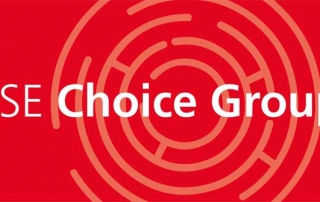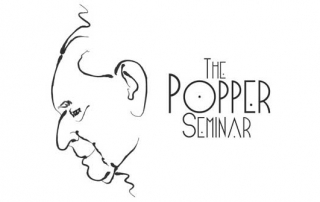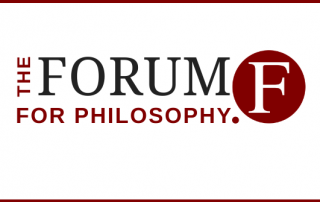Anneli Jefferson (Birmingham): “Moral self image and moral decision making”
Anneli Jefferson (Birmingham): “Moral self image and moral decision making”
Our moral decisions and actions are guided by what we take to be morally permissible and impermissible. In this talk I consider another factor which may affect both our judgment of moral permissibility and our moral conduct, our moral self-image. In particular, I ask whether a positive view […]





Connect with us
Facebook
Twitter
Youtube
Flickr